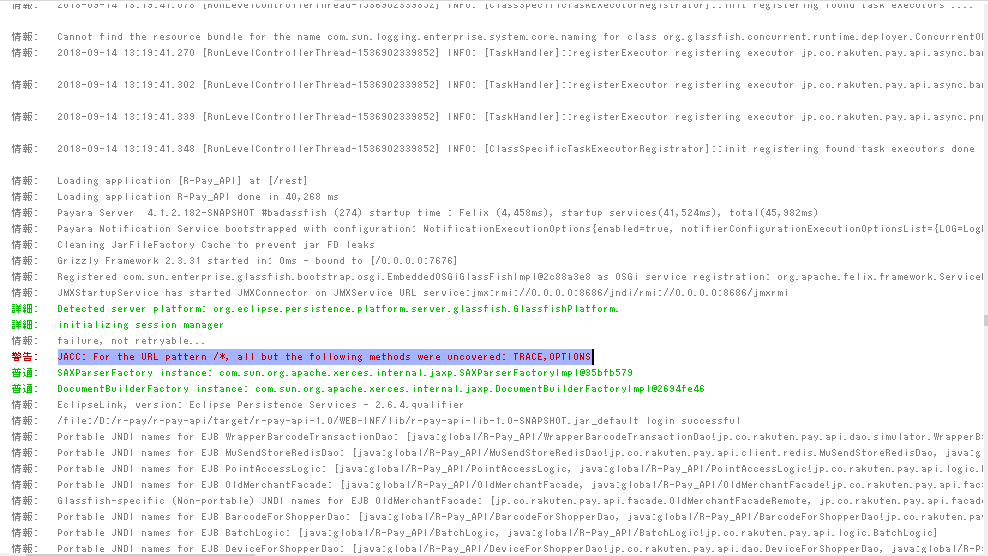可以将文章内容翻译成中文,广告屏蔽插件可能会导致该功能失效(如失效,请关闭广告屏蔽插件后再试):
问题:
Given a list
l = [1, 7, 3, 5]
I want to iterate over all pairs of consecutive list items (1,7), (7,3), (3,5), i.e.
for i in xrange(len(l) - 1):
x = l[i]
y = l[i + 1]
# do something
I would like to do this in a more compact way, like
for x, y in someiterator(l): ...
Is there a way to do do this using builtin Python iterators? I\'m sure the itertools module should have a solution, but I just can\'t figure it out.
回答1:
Just use zip
>>> l = [1, 7, 3, 5]
>>> for first, second in zip(l, l[1:]):
... print first, second
...
1 7
7 3
3 5
As suggested you might consider using the izip function in itertools for very long lists where you don\'t want to create a new list.
import itertools
for first, second in itertools.izip(l, l[1:]):
...
回答2:
Look at pairwise at itertools recipes: http://docs.python.org/2/library/itertools.html#recipes
Quoting from there:
def pairwise(iterable):
\"s -> (s0,s1), (s1,s2), (s2, s3), ...\"
a, b = tee(iterable)
next(b, None)
return izip(a, b)
A General Version
A general version, that yields tuples of any given positive natural size, may look like that:
def nwise(iterable, n=2):
iters = tee(iterable, n)
for i, it in enumerate(iters):
next(islice(it, i, i), None)
return izip(*iters)
回答3:
I would create a generic grouper generator, like this
def grouper(input_list, n = 2):
for i in xrange(len(input_list) - (n - 1)):
yield input_list[i:i+n]
Sample run 1
for first, second in grouper([1, 7, 3, 5, 6, 8], 2):
print first, second
Output
1 7
7 3
3 5
5 6
6 8
Sample run 1
for first, second, third in grouper([1, 7, 3, 5, 6, 8], 3):
print first, second, third
Output
1 7 3
7 3 5
3 5 6
5 6 8
回答4:
You could use a zip.
>>> list(zip(range(5), range(2, 6)))
[(0, 1), (1, 2), (2, 3), (3, 4), (4, 5)]
Just like a zipper, it creates pairs. So, to to mix your two lists, you get:
>>> l = [1,7,3,5]
>>> list(zip(l[:-1], l[1:]))
[(1, 7), (7, 3), (3, 5)]
Then iterating goes like
for x, y in zip(l[:-1], l[1:]):
pass
回答5:
If you wanted something inline but not terribly readable here\'s another solution that makes use of generators. I expect it\'s also not the best performance wise :-/
Convert list into generator with a tweak to end before the last item:
gen = (x for x in l[:-1])
Convert it into pairs:
[(gen.next(), x) for x in l[1:]]
That\'s all you need.



